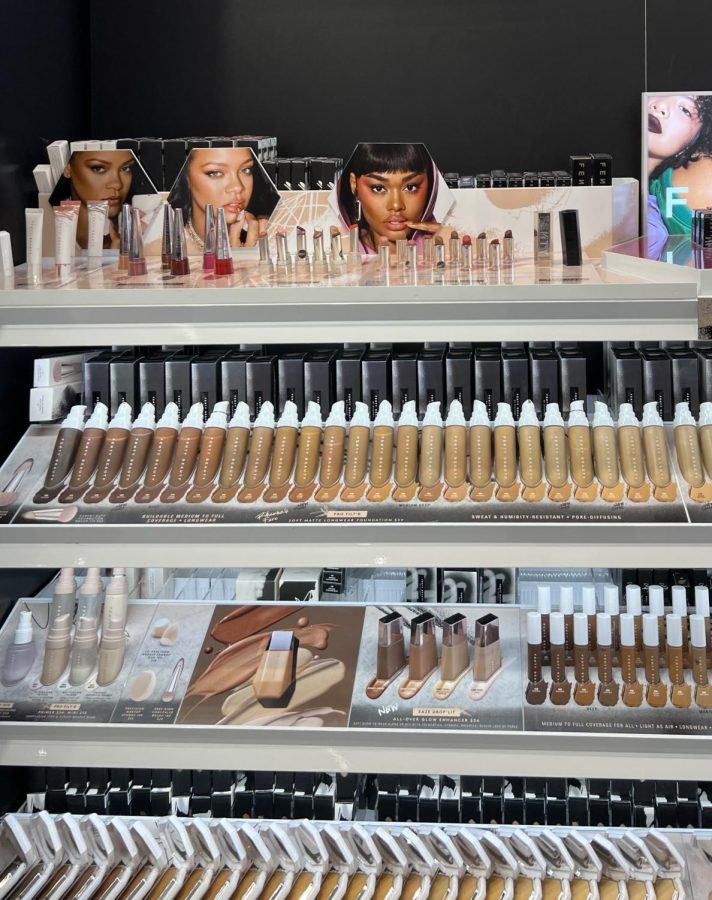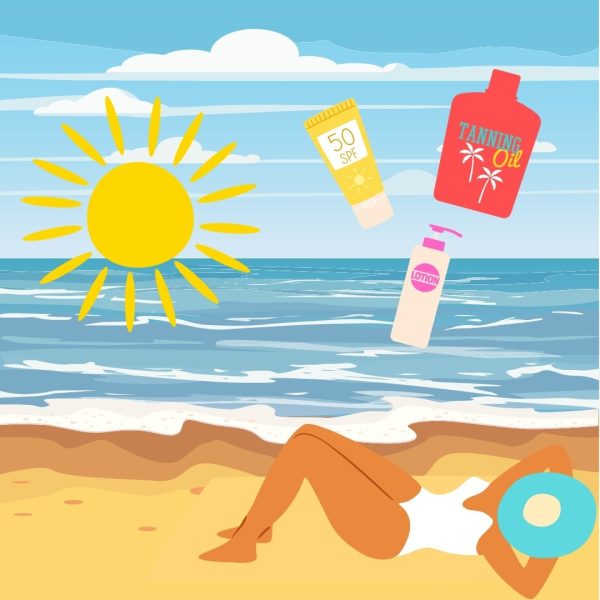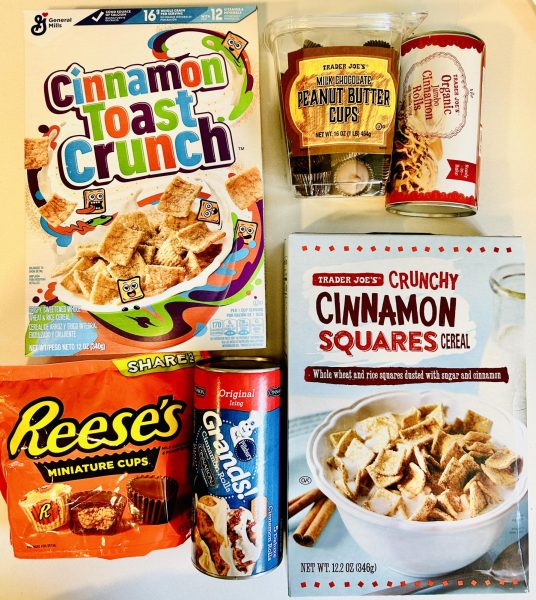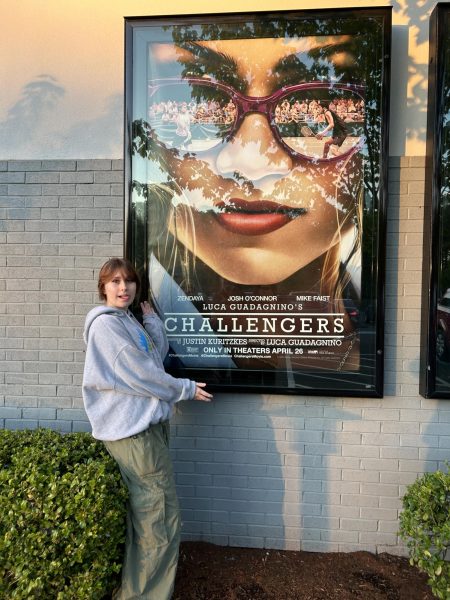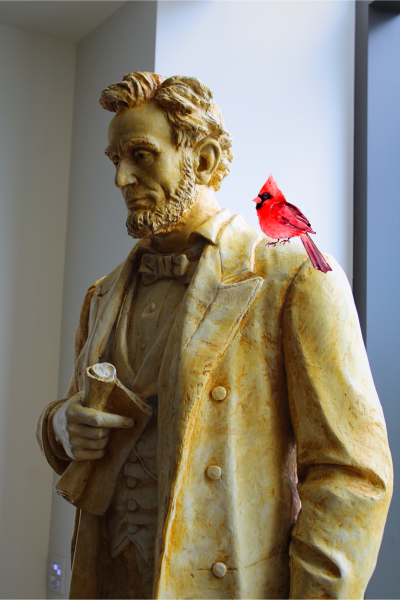Celebrities, please stop creating beauty brands
Rihanna’s brand Fenty Beauty is one of the rare exceptions to the repetitive nature of celebrity beauty brands. Her line now has 50 shades of foundation, changing expectations in the beauty industry.
Why does Brad Pitt have a skincare brand? I’ve observed recently that too many celebrities and influencers like Hailey Bieber, Kylie Jenner, Gweneth Paltrow, Addison Rae, Lady Gaga, Gwen Stefani, Harry Styles and Ariana Grande have come out with some sort of makeup or skincare line. Why? The beauty industry is a profitable market.
There are definitely fantastic outcomes of celebrities starting beauty lines. In 2017, Rihanna introduced a shade range of 40 foundations and concealers to the makeup industry after years of neglect toward darker skin tones. This has now set the standard for other brands, creating a more inclusive market for people of color. Rihanna’s brand Fenty Beauty was said to be worth 2.8 billion dollars at the end of 2022 according to Insider magazine. Selena Gomez’s Rare Beauty made a revenue of over 60 million dollars and is created in functional shapes for people with arthritis. Both of these brands filled a clear need, yet that isn’t generally the case when it comes to celebrity brands.
According to Statista, “The revenue of the U.S. cosmetic industry is estimated to amount to about 49 billion U.S. dollars in 2022,” yet not all companies are succeeding in such a competitive market. What concerns me is that many big celebrity brands get left behind by the competitive market, failing not the celebrity, but the laborers. Their products are unwanted and already exist, and the result is celebrity companies filing for bankruptcy. This leads to lost jobs that will not affect a celebrity whatsoever, yet deeply impact the workers.
The beauty industry also contributes more than enough waste. Founder of Morrama, a manufacturing company, Jo Barnard states, “The beauty industry is the top offender for creating plastic waste, contributing to 120 billion units of packaging every year, and sadly most of it is not even recyclable.” An influx of celebrity brands falling into bankruptcy only serves to create more waste.
If you are a celebrity, partner with smaller, up and coming brands that have knowledge of the industry. For celebrities like Brad Pitt who want to make ‘gender inclusive skincare’ (which I do not understand because who doesn’t like face cream?), wouldn’t it be more influential to be the face of an already established brand? There is overall, too much happening in the beauty industry and society and the planet cannot keep up.

